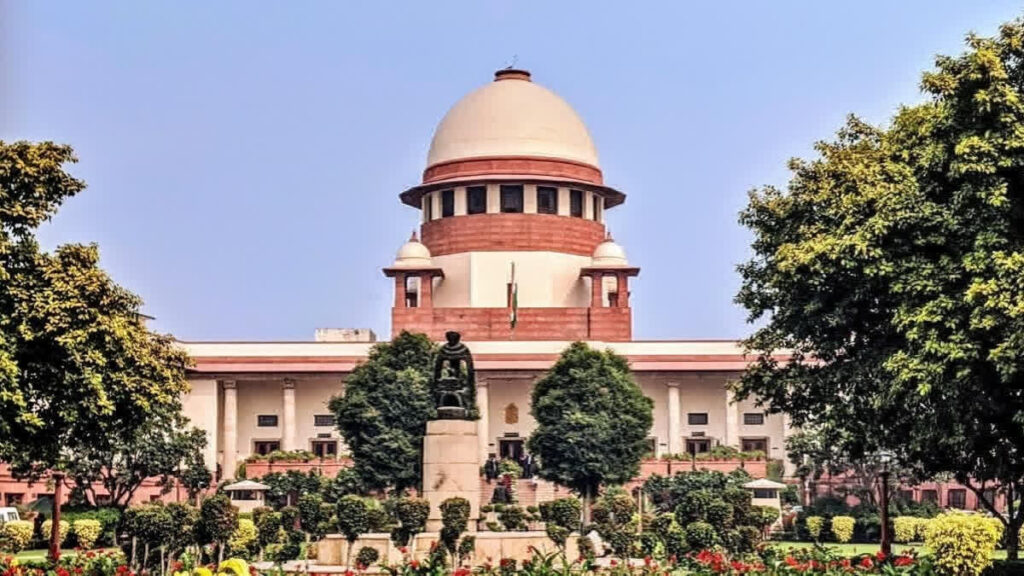Jahanvi Agarwal
On 13th August, the Supreme Court granted bail to a 61-year-old former police officer accused under the Unlawful Activities Prevention Act (UAPA) for being an active member of the Popular Front of India (PFI) and allegedly conspiring to incite violence and establish Islamic rule in India.
The Bench, comprising Justices Abhay S Oka and Augustine George Masih, reiterated the principle that “bail is the rule and jail is the exception”, even for offences under special statutes like the UAPA. The Court emphasized that the right to bail must be upheld if the legal conditions are met, highlighting that denying bail in deserving cases violates the rights guaranteed under Article 21 of the Constitution.
The accused, along with a co-accused, was allegedly planning to create disturbances during Prime Minister Narendra Modi’s visit to Bihar in 2022. Before any disturbance could occur, the police arrested them and charged them with criminal conspiracy and promoting enmity. During the search, documents related to unlawful activities aimed at disrupting India’s sovereignty were retrieved, leading to charges under UAPA. The National Investigating Agency (NIA) took over the case due to its severity.
Both the appellant and his co-accused initially sought bail from the Special Court, but only the co-accused was granted bail by the Patna High Court. The appellant then appealed to the Supreme Court, which allowed his bail. The Supreme Court noted that the Special Court and High Court were likely influenced by PFI’s activities and did not objectively consider the charge sheet’s contents. Importantly, it was noted that PFI was not a banned organization at the time, and no UAPA case was made against the appellant.
The Court also pointed out discrepancies in the charge sheet, specifically regarding a witness account, stating, “The material portion of witness Z’s actual statement has been completely distorted… NIA owes an explanation for that. The investigating machinery has to be fair.” The accused was directed to be presented before the special court within a week for bail release. The Court clarified that its findings were tentative and specific to the bail plea, with no bearing on the trial or co-accused cases.
Case Name: Jalaluddin Khan v. Union of India
Case Number: Criminal Appeal No. 3173/2024
Bench: Justices Abhay S Oka and Augustine George Masih

